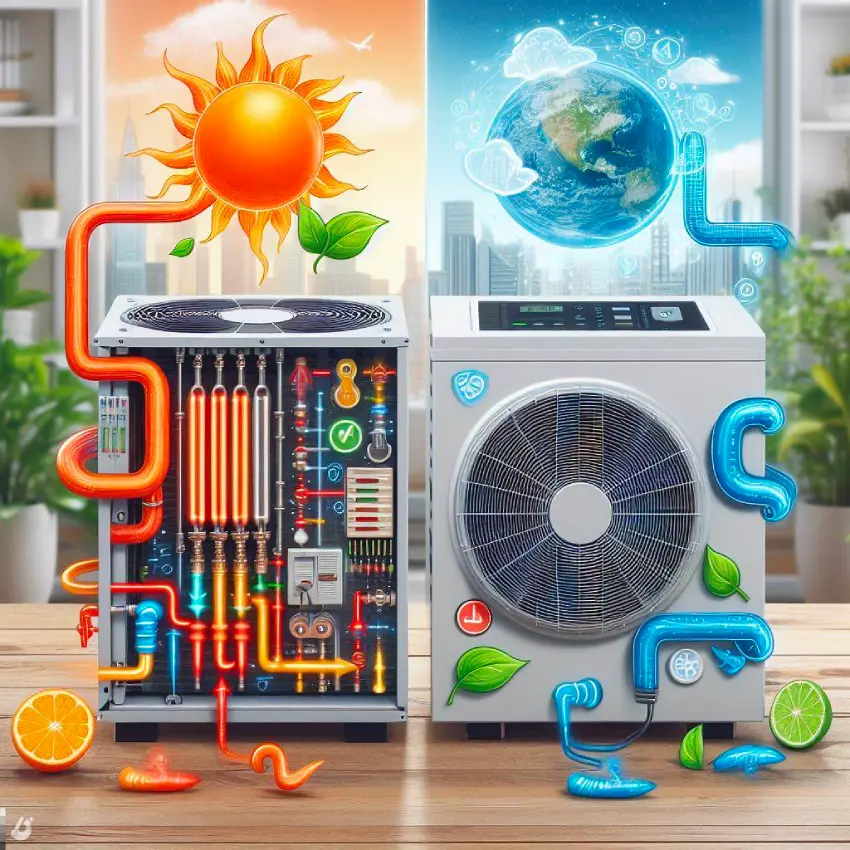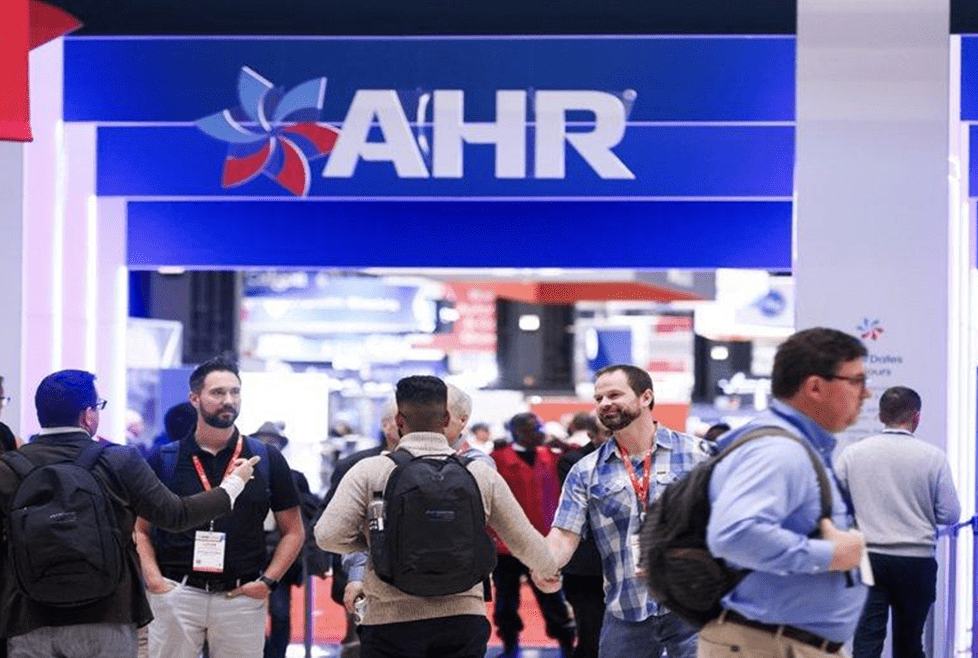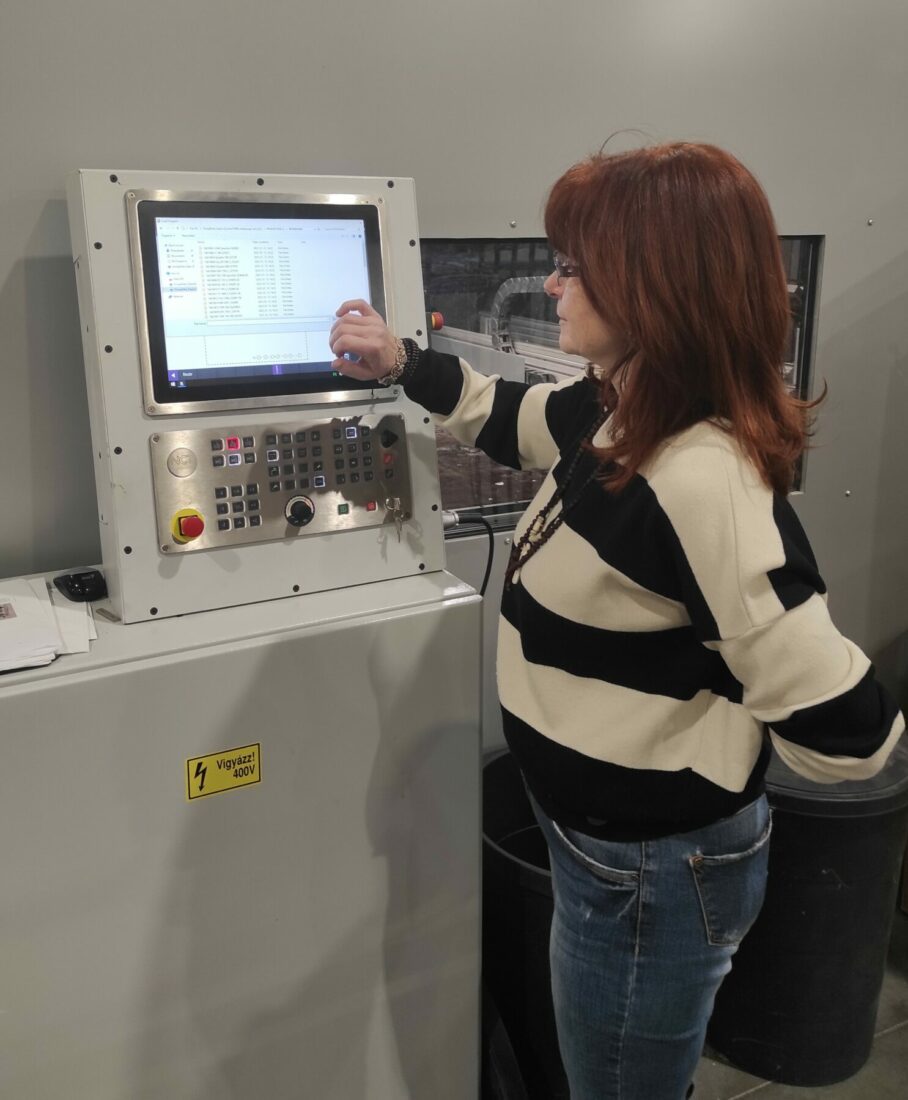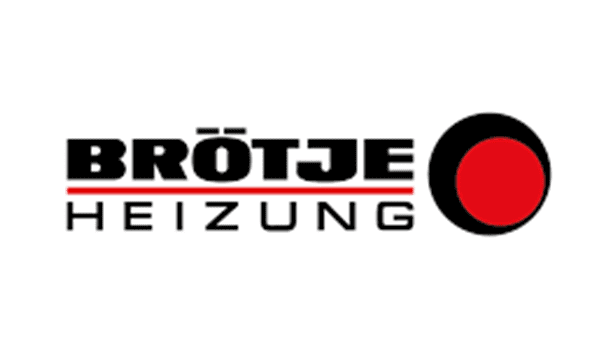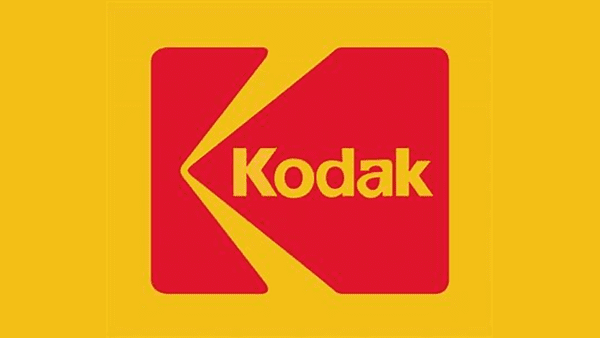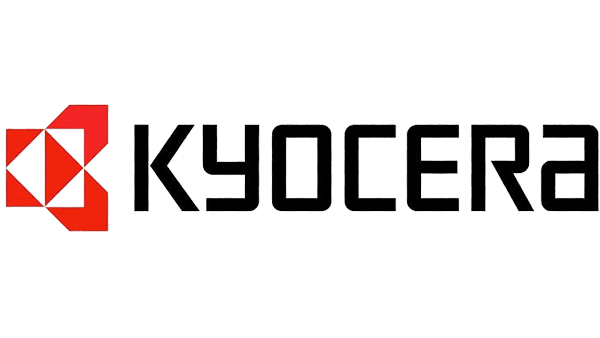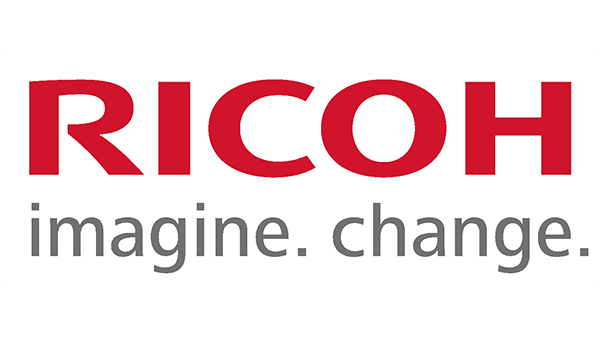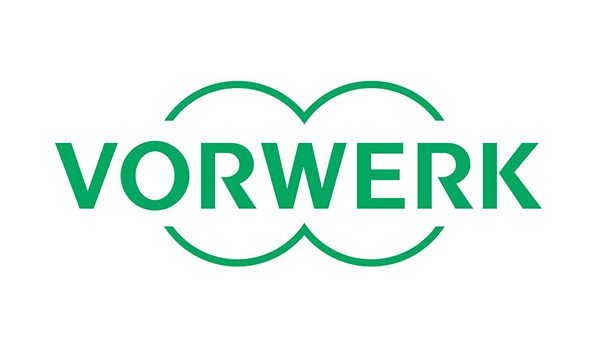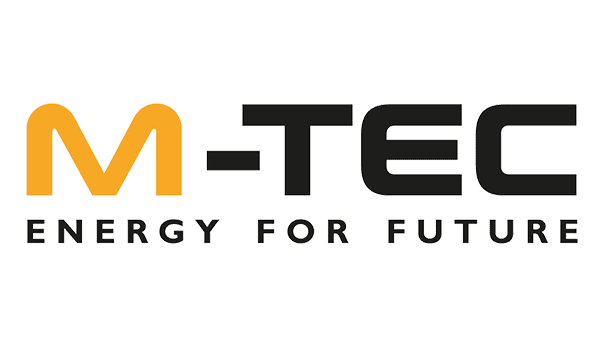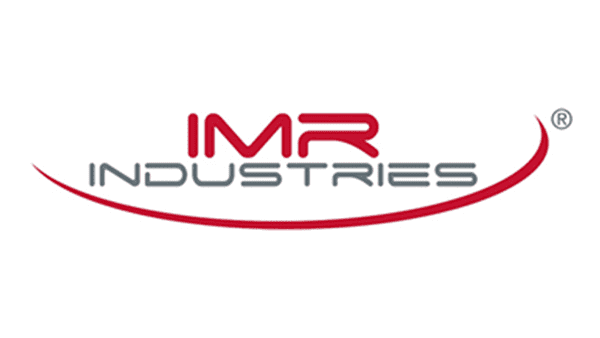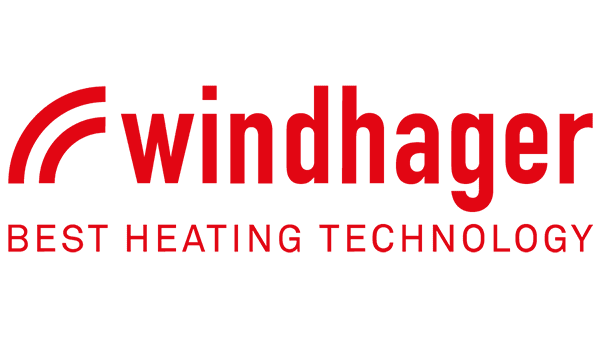In the quest for a more energy-efficient home, homeowners often find themselves weighing the merits of heat pumps Vs HVAC systems. As energy costs rise and environmental concerns become more pressing, understanding the efficiency dynamics of these two popular heating and cooling solutions is more important than ever.
This article delves into the intricate world of ‘Heat Pump vs HVAC Efficiency,’ guiding you through the complexities of energy efficiency ratings, operating costs, and the impact of climate on system performance. Whether you’re interested in understanding heat pump vs AC efficiency or comparing heat pump vs HVAC, this guide covers it all. We cover
- A comparison between heat pumps and HVAC systems
- Heat pump vs AC efficiency
- Energy efficiency ratings with SEER and HSPF
- Performance in different climates
- Cost-efficiency considerations
- Enhancing energy efficiency with insulation
- Eco-friendly and renewable energy considerations
- Maintenance and long-term performance
Heat Pump vs HVAC: Comparing Heat Pump and HVAC Systems
The decision between a heat pump and an HVAC system is not just about immediate comfort; it’s also about long-term energy savings and environmental stewardship. With advancements in technology, both systems have evolved significantly, offering improved energy efficiency and eco-friendliness. However, each has its unique characteristics and suitability depending on various factors like geographical location and home insulation quality.
In this comprehensive comparison, we’ll explore the Seasonal Energy Efficiency Ratio (SEER) and Heating Seasonal Performance Factor (HSPF) ratings of these systems, providing insights into their energy consumption patterns. Additionally, we’ll look at how incorporating energy-saving tips and enhancements, such as the Enbi Group’s compressor insulation jackets, can further optimize your system’s efficiency, regardless of whether you choose a heat pump or an HVAC system.
Understanding Heat Pumps and HVAC Systems
Before diving into the efficiency comparison, it’s crucial to have a clear understanding of what heat pumps and HVAC systems are, and how they operate. This foundational knowledge will help in appreciating the factors that influence their efficiency.
Heat Pumps: A Versatile Option
Heat pumps are unique in that they provide both heating and cooling solutions. Heat Pumps work on the principle of heat transfer, they move heat from the outside air into your home during colder months and vice versa in the summer. This process is facilitated by a refrigerant cycle, making heat pumps an energy-efficient option, particularly in areas with milder winters. They come in various types, including air source and geothermal heat pumps, each with its own set of energy efficiency ratings and suitability for different climates.
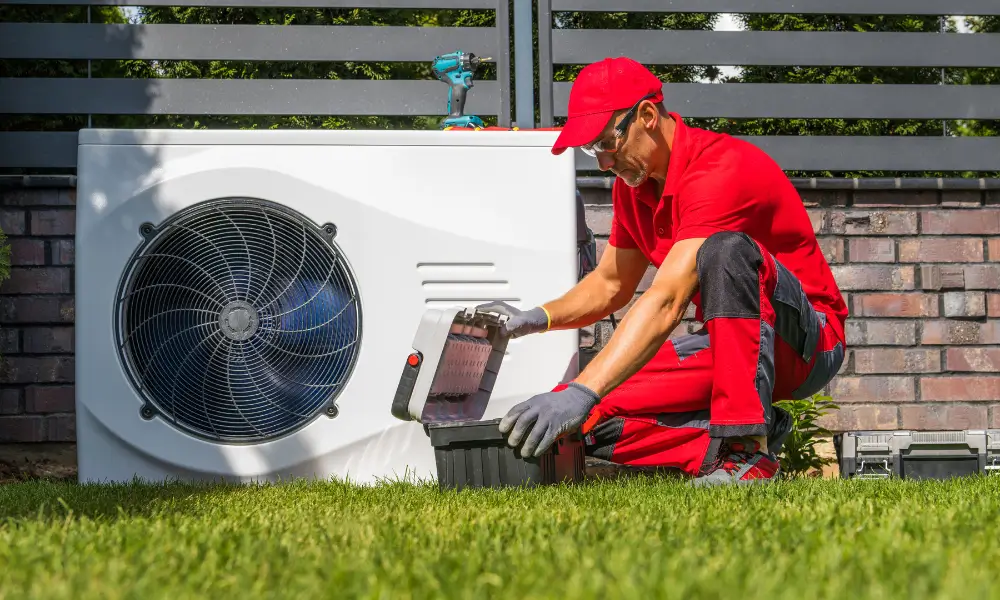
HVAC Systems: Reliable and Robust
On the other hand, HVAC systems encompass a broader range of functions, including heating, ventilation, and air conditioning. They typically consist of a furnace and an air conditioner, offering a reliable solution for maintaining comfortable indoor temperatures year-round. HVAC systems are especially effective in regions with extreme weather conditions, though their efficiency can vary based on the system design and the Seasonal Energy Efficiency Ratio (SEER) rating.
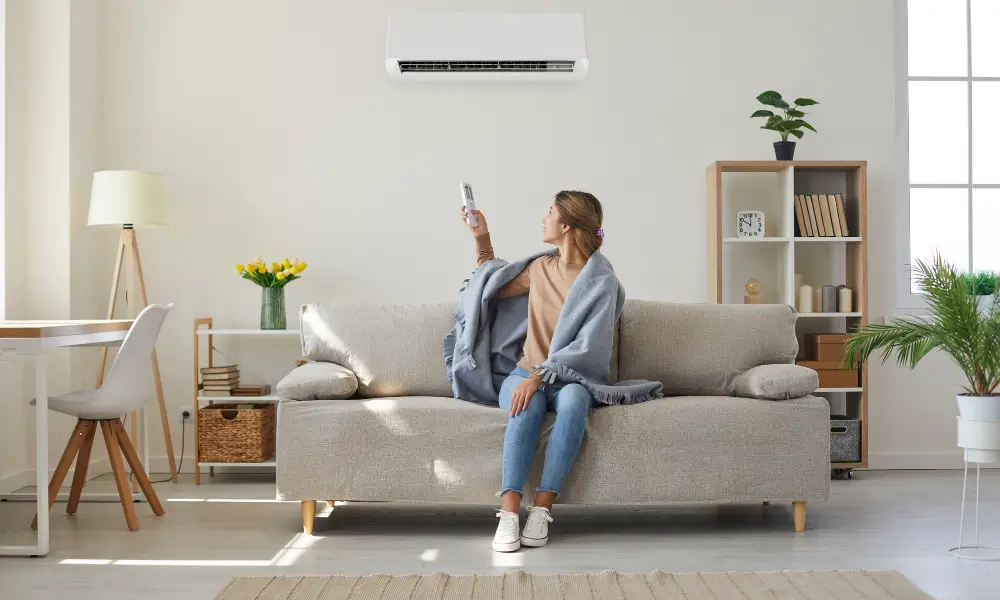
Energy Efficiency Ratings: SEER and HSPF
Understanding SEER and HSPF ratings is crucial when comparing heat pump vs HVAC efficiency. These ratings help determine how well each system performs, especially when considering heat pump vs AC efficiency in your home.
Comparing Efficiency: Heat Pump vs HVAC
| Aspect | Heat Pump Efficiency | HVAC Efficiency |
| Energy Efficiency Ratings | Generally higher SEER and HSPF ratings, especially in moderate climates. | SEER ratings vary; newer models are becoming more efficient. |
| Operating Costs | Lower in mild climates due to higher efficiency in moderate temperatures. | Can be higher, especially in extreme climates requiring more energy for heating/cooling. |
| Climate Suitability | More efficient in mild to moderate climates; efficiency decreases in extreme cold. | Effective in a wide range of climates, including extreme conditions. |
| Environmental Impact | Lower carbon footprint due to better efficiency and compatibility with renewable energy sources. | Traditional models have a higher carbon footprint, but newer, energy-efficient models are improving. |
| Longevity and Maintenance | Requires regular maintenance; lifespan can be extended with proper care. | Also requires regular maintenance; newer models have improved longevity. |
| Cost-Effectiveness | Higher initial cost but more cost-effective in the long run due to lower operating costs. | Initial cost varies; long-term costs can be higher due to energy usage. |
| Flexibility | Provides both heating and cooling, but heating efficiency drops in extreme cold. | Offers robust heating and cooling in all climates. |
| Technological Advancements | Incorporates advanced technologies for efficient heat transfer. | Continuously evolving with features like smart thermostats and eco-friendly refrigerants. |
| Insulation Impact | Efficiency can be greatly enhanced with proper insulation, such as compressor insulation jackets. | Insulation also plays a crucial role in maintaining system efficiency. |
| Renewable Energy Integration | Easily integrates with renewable energy sources like solar panels. | Modern HVAC systems are increasingly compatible with renewable energy sources. |
When it comes to evaluating the efficiency of heat pumps versus HVAC systems, several key factors come into play. Understanding these can help homeowners make an informed choice based on their specific needs and environmental conditions.
Energy Efficiency Ratings Explained
As previously mentioned, the efficiency of these systems is often gauged by SEER (Seasonal Energy Efficiency Ratio) for cooling and HSPF (Heating Seasonal Performance Factor) for heating. The U.S. Department of Energy provides detailed guidelines on these ratings, suggesting that higher SEER and HSPF values indicate better energy efficiency. For instance, modern heat pumps typically have SEER ratings ranging from 15 to 20+, making them highly efficient for both heating and cooling.
Performance in Different Climates
The climate you live in plays a significant role in determining the efficiency of your heating and cooling system. Heat pumps can heat a full house but they are generally more efficient in mild climates where extreme cold is not a common occurrence. This is because they transfer heat from the outside air, and as the temperature drops, their efficiency can decrease. On the other hand, HVAC systems, particularly those with high-efficiency furnaces, can be more effective in areas with severe winter conditions.
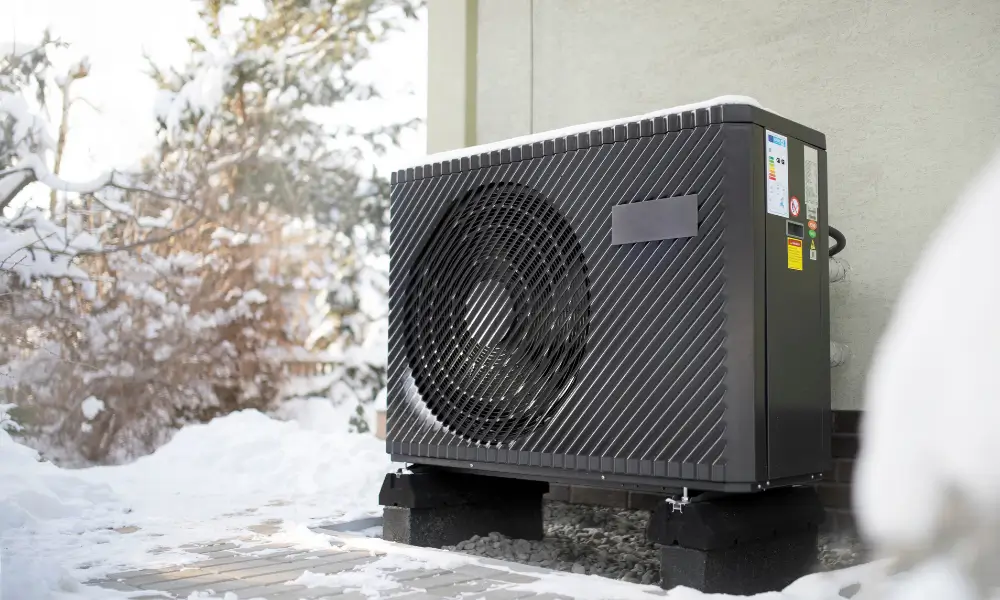
HVAC Energy Saving Tips
To enhance the efficiency of HVAC systems, homeowners can follow energy-saving tips such as regular maintenance, using programmable thermostats, and ensuring proper insulation. The Environmental Protection Agency’s Energy Star program offers a wealth of resources and tips for improving HVAC efficiency.
Cost-Efficiency Considerations
Apart from energy consumption, the cost-effectiveness of these systems is also a critical factor. This includes not only the initial installation cost but also long-term operating and maintenance expenses. Heat pumps can offer greater savings over time in suitable climates due to their lower operating costs, while HVAC systems might be a more cost-effective option in regions with harsh winter conditions.
Enhancing Energy Efficiency with Insulation
The Role of Compressor Insulation
The compressor is a crucial component of both heat pumps and HVAC systems, responsible for the refrigeration cycle that facilitates heating and cooling. In colder climates, compressors can lose efficiency due to the strain of operating in lower temperatures. This is where compressor insulation jackets come into play. These jackets, like those offered by Enbi Group, are designed to protect the compressor from extreme weather conditions, thereby maintaining its efficiency and prolonging its lifespan.
Benefits of Compressor Insulation Jackets
- Improved Efficiency: By maintaining a stable temperature around the compressor, these jackets help in reducing energy consumption, especially during peak winter months.
- Extended Equipment Lifespan: Protecting the compressor from harsh conditions can decrease wear and tear, extending the overall lifespan of the system.
- Cost Savings: Enhanced efficiency leads to lower energy bills, making these insulation jackets a cost-effective investment in the long run.
Energy Efficiency Best Practices
In addition to using insulation jackets, homeowners can adopt various energy efficiency best practices. The U.S. Department of Energy recommends regular maintenance, including checking for leaks, inspecting insulation, and ensuring proper system settings. These practices, coupled with the use of high-quality insulation jackets, can optimize your system’s performance, leading to significant energy and cost savings.
Choosing the Right Insulation Solution
When selecting an insulation solution, it’s crucial to choose products that are high-quality and specifically designed for your system. The compressor insulation jackets from Enbi Group are tailored to meet these needs, offering an effective way to enhance the efficiency of your heat pump or HVAC system.
Eco-Friendly and Renewable Energy Considerations
In the current climate of environmental awareness, the eco-friendliness of heating and cooling systems is a crucial factor for many homeowners. When comparing heat pumps vs HVAC systems, it’s important to consider their impact on the environment and their alignment with renewable energy trends.
Heat Pumps: A Greener Choice?
Heat pumps are often considered a more eco-friendly option, especially when paired with renewable energy sources. Air-to-air heat pumps and geothermal heat pumps, for example, utilize natural heat from the air or ground, reducing the reliance on fossil fuels. According to the International Energy Agency (IEA), heat pumps can significantly reduce greenhouse gas emissions, making them a greener choice for environmentally conscious homeowners.
HVAC Systems and Environmental Impact
While traditional HVAC systems have been less efficient in the past, modern advancements have led to more eco-friendly options. High-efficiency HVAC units, particularly those that meet Energy Star standards, can offer improved energy usage and lower emissions. Homeowners looking to reduce their carbon footprint can consider these newer, more efficient models.
Enhancing Eco-Friendliness with Insulation
Regardless of the system you choose, enhancing its efficiency is key to reducing environmental impact. As mentioned earlier, compressor insulation jackets from Enbi Group can play a significant role in this. By improving system efficiency and reducing energy loss, these jackets contribute to lower energy consumption and, consequently, lower greenhouse gas emissions, along with your energy bills.
The Future of Heating and Cooling
Looking ahead, the integration of heating and cooling systems with renewable energy sources like solar power is a promising direction. This approach can further enhance the eco-friendliness of both heat pumps and HVAC systems, aligning with global efforts towards sustainability.
Maintenance and Efficiency: Key to Long-Term Performance
Maintaining the efficiency of your heating and cooling system is not just a matter of environmental responsibility; it’s also crucial for ensuring long-term performance and cost-effectiveness. Regular maintenance is a vital component, whether you’re using a heat pump or an HVAC system.
Regular Maintenance Checks
Routine checks are essential for both heat pumps and HVAC systems. The U.S. Department of Energy underscores the importance of regular maintenance, noting that it can prevent common issues that lead to decreased efficiency. This includes cleaning or replacing air filters, checking refrigerant levels, and inspecting electrical connections. Regular maintenance ensures that your system operates at peak efficiency, saving you money on energy bills and reducing wear and tear over time.
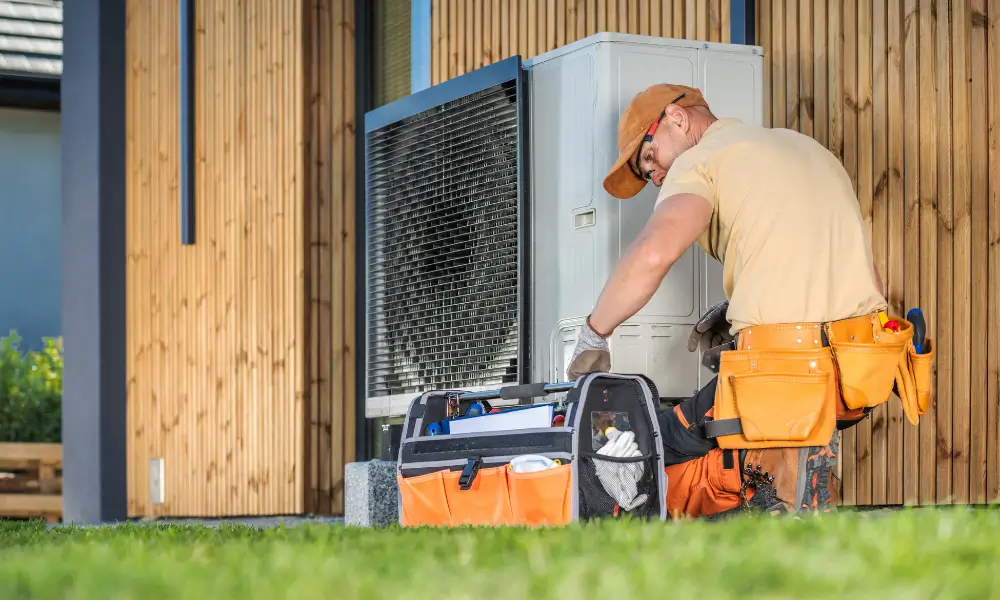
The Impact of Proper Insulation
As highlighted in previous sections, proper insulation, particularly around the compressor, can significantly improve the efficiency of your system. Compressor insulation jackets, like those provided by Enbi Group, are an excellent way to enhance this efficiency. By maintaining a consistent temperature around the compressor, these jackets help in optimizing the heat transfer process, leading to reduced energy consumption and extended equipment life.
Upgrading for Efficiency
For those considering system upgrades, focusing on energy-efficient models is key. HVAC unit efficiency upgrades can include transitioning to systems with higher SEER and HSPF ratings or integrating smart thermostats for better temperature control. For heat pumps, considering models that work efficiently even in winter and colder climates can make a significant difference.
Professional Assistance
While some maintenance tasks can be done independently, enlisting the help of a professional for annual check-ups or complex issues is advisable. A qualified technician can provide a thorough inspection and perform any necessary repairs or adjustments, ensuring your system runs smoothly and efficiently throughout the year.
Conclusion: Making an Informed Choice for Efficiency and Sustainability
As we’ve explored throughout this article, the decision between a heat pump and an HVAC system involves careful consideration of various factors including energy efficiency, cost, climate impact, and long-term sustainability. Both systems have their unique advantages and can be optimized for better performance and eco-friendliness.
Making the Right Choice
Ultimately, the choice between a heat pump and an HVAC system will depend on your specific needs, the climate you live in, and your environmental and cost considerations. By understanding the nuances of each system and the importance of regular maintenance and insulation, you can make a well-informed decision that meets your home’s heating and cooling needs efficiently and sustainably.
Frequently Asked Questions (FAQs) About Heat Pump and HVAC Efficiency
To further assist our readers in understanding the efficiency aspects of heat pumps and HVAC systems, we’ve compiled a list of frequently asked questions along with their answers:
Q1: What is the ideal SEER rating for a heat pump or HVAC system?
The ideal SEER (Seasonal Energy Efficiency Ratio) rating can vary based on your climate and energy needs. Generally, a SEER rating of 15 or higher is considered good for heat pumps and HVAC systems. The higher the SEER rating, the more energy-efficient the system is.
Q2: Can heat pumps work efficiently in very cold climates?
Modern heat pumps are designed to work efficiently even in colder climates. However, their efficiency can decrease as temperatures drop significantly. In extremely cold climates, supplemental heating or specialized cold climate heat pumps might be necessary.
Q3: How does proper insulation affect HVAC and heat pump efficiency?
Proper insulation, especially around the compressor, can significantly improve the efficiency of both heat pumps and HVAC systems. It helps maintain stable operating temperatures, reduces wear and tear, and leads to energy savings. Products like Enbi Group’s compressor insulation jackets are specifically designed for this purpose.
Q4: How often should I service my heat pump or HVAC system?
It’s recommended to service your heat pump or HVAC system at least once a year. Regular maintenance ensures the system operates efficiently and can help prevent costly repairs.
Q5: Are heat pumps more environmentally friendly than traditional HVAC systems?
Heat pumps are generally considered more environmentally friendly than traditional HVAC systems as they use less energy and can be powered by renewable energy sources. This reduces greenhouse gas emissions and overall environmental impact.
Q6: What can I do to improve the efficiency of my older HVAC system?
Improving the efficiency of an older HVAC system can include regular maintenance, installing a programmable thermostat, and considering upgrades like high-efficiency filters or insulation jackets. In some cases, replacing an old system with a more energy-efficient model may be more cost-effective

